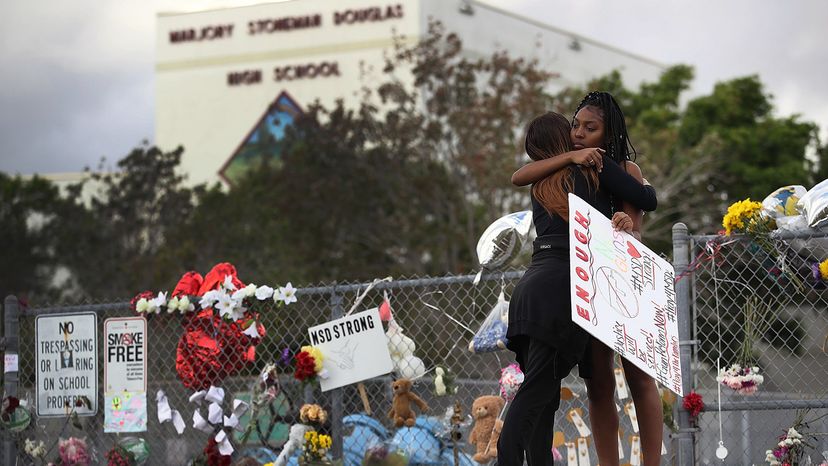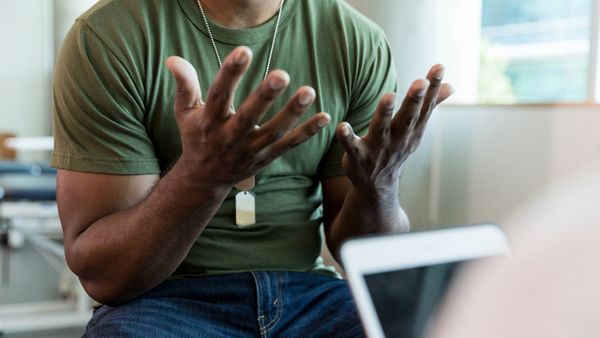The National Institute for Mental Health says, to be diagnosed with PTSD (again: survivor guilt is considered a form of PTSD), adults must have all of these for at least a month:
- A re-experiencing symptom (a flashback to the event, a bad dream or bad thoughts)
- An avoidance symptom (staying away from reminders or thoughts of the event)
- At least two arousal/reactivity symptoms (being startled, angry, sleepless or on edge)
- At least two cognition and mood symptoms (feelings of guilt or blame, negative thoughts, trouble remembering details about the event, loss of interest in enjoyable events)
To treat those with survivor guilt, Shah says, it's first critical to recognize the symptoms: the irritability, the lack of sleep, the depression, the anxiousness, the fear.
"First of all, you need to be aware that you're suffering from survivor guilt, or your family or friends need to recognize it," Shah says. "You try to tell the person that you're not alone in this."
Allowing time to grieve is important, Shah says. And you can't put a timeframe on that. "You need to grieve in a way you would like to grieve," he says.
That said, taking the guilt and the grief and using them in a positive fashion — educating people, say, or advocating for change — is something that many find helpful, Shah says. Getting back to a normal routine as soon as possible can help with the healing.
It's important, too, to assess whether guilt and grief is affecting the ability to function in the everyday world. If it is, that's time for professional help, which can involve psychotherapy and medications.
How long can a person feel guilty or suffer through grief before looking for help? "The point is not related to timeframe," Shah says. "It's related to your function and capability."
There is a danger, as with the recent suicides of a Sandy Hook parent and two Parkland students, that those grappling with survivor guilt may find the struggle too much to bear. It is trauma beget from trauma.
"Please keep a watch on them, especially during those milestones [anniversaries of the event, birthdays, etc.] and if you see something ... that is the time to get them attention," Shah says. "You can save them."
Learn more about survivor guilt in "Survivor Guilt: How to Survive It" by Braden Daniels. HowStuffWorks picks related titles based on books we think you'll like. Should you choose to buy one, we'll receive a portion of the sale.



